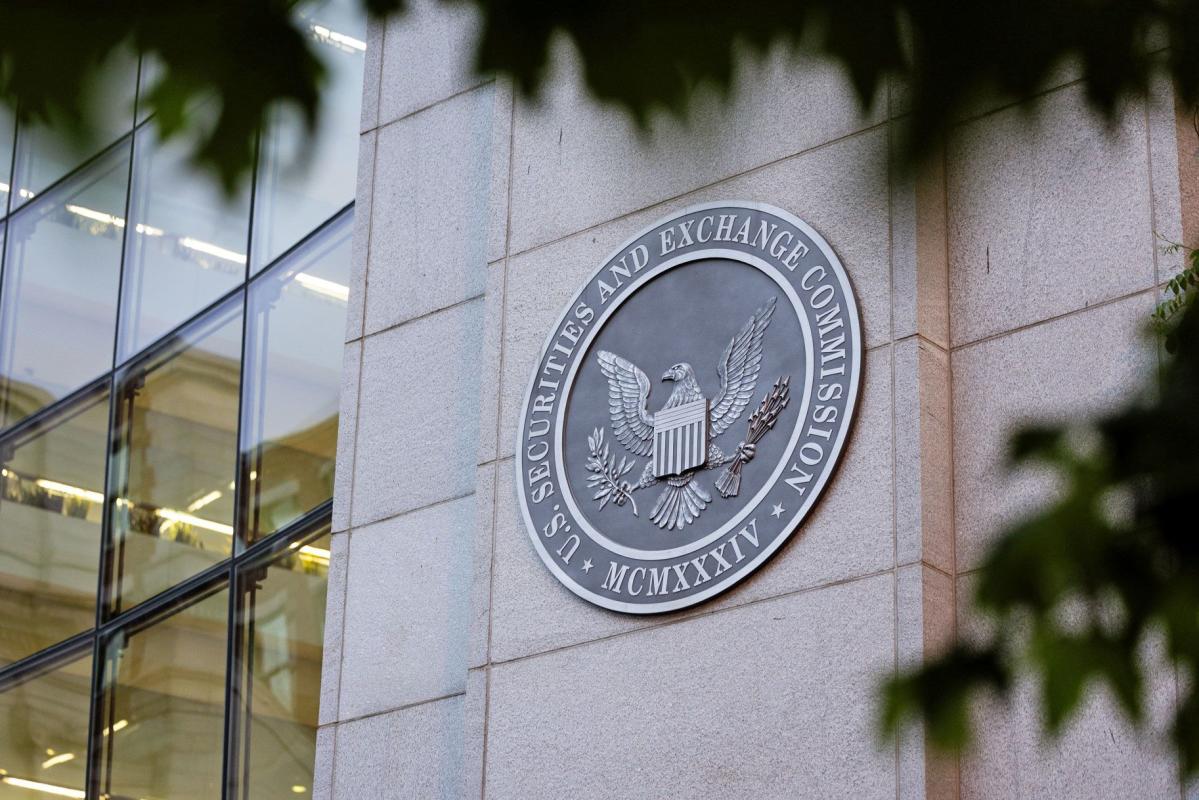
(Bloomberg) — B. Riley Financial Inc. faces a widening US investigation into whether it gave investors an accurate picture of its financial health amid a string of losses and a sagging stock price.
Most Read from Bloomberg
The US Securities and Exchange Commission is assessing whether Los Angeles-based B. Riley adequately disclosed the risks embedded in some of its assets, people familiar with the matter said. The agency is also seeking information on the interactions between founder Bryant Riley and longtime business partner Brian Kahn, the former chief executive of Franchise Group Inc., the people said. Franchise Group, or FRG, is one of B. Riley’s larger investment holdings.
The inquiry includes a review of possible improper trading by other insiders, said the people, who asked for anonymity because the probe hasn’t been announced by the agency. Another topic regulators have asked about is the movement between companies of receivables due from cash-strapped retail customers whose repayment might be doubtful, the people said.
The SEC’s overlapping civil probes, which involve agency lawyers in Los Angeles, Washington and Philadelphia, are proceeding along with a federal criminal inquiry in New Jersey. Prosecutors are examining the 2020 collapse of an investment fund, Prophecy Asset Management, where Kahn handled most of its assets.
Prophecy investors who lost money have questioned in a lawsuit whether Kahn improperly used Prophecy proceeds to acquire control of FRG for himself. A co-founder of that fund pleaded guilty in November in a $294 million fraud case and is cooperating with prosecutors, who tagged Kahn as an unindicted co-conspirator, Bloomberg previously reported.
Representatives for B. Riley, Bryant Riley and Kahn didn’t respond to messages seeking comment. Representatives for the SEC and the US Attorney’s Office in New Jersey declined to comment. Kahn, Riley and their companies haven’t been charged with anything by authorities, and the US probes could conclude with no action against any of them.
“At no time during my former business relationship with Prophecy did I know that Prophecy or its principals were allegedly defrauding their investors, nor did I conspire in any fraud,” Kahn said in a November statement.
B. Riley on Monday suspended its dividend and warned of losses as it wrote down a portion of its stake in FRG and a related loan receivable. It’s expecting a non-cash markdown of about $330 million to $370 million, according to a company statement.
The SEC investigation is advancing as B. Riley tries to bounce back from two annual losses and struggles to correct flaws in its controls identified by its auditors this year. Short sellers have targeted the stock, which is down more than 60% in the year after B. Riley helped Kahn stage a management-led buyout of FRG.
B. Riley’s finances are complicated by a series of loans, receivables and other asset transfers between the company, FRG and Kahn.
FRG’s debt is trading at deeply distressed levels, and the firm hired advisers to help find ways to ease the burden. It’s also been hurt by the demise of Conn’s Inc., another furniture chain that went bankrupt within months after buying rival W.S. Badcock from FRG.
Conn’s owed B. Riley at least $93 million on a loan when it filed for court protection, according to company filings. B. Riley had said it expects to be fully repaid. Meanwhile, FRG holds a stake in Conn’s preferred shares, which it received as payment for the Badcock sale. The stake is convertible into Conn’s common stock, but those shares have since collapsed with the bankruptcy, slashing the value of FRG’s holdings.
In turn, B. Riley owns almost a third of FRG’s equity. B. Riley has downplayed the potential impact of Conn’s misfortune, saying FRG’s stake was a small part of that firm’s overall holdings.
But S&P Global Ratings said in a July 24 credit downgrade that Conn’s bankruptcy could lead to FRG violating the terms of its own loan. FRG’s capital structure “appears to be unsustainable,” S&P said in its analysis, and its scenario for recoveries after a default showed little or nothing for second-lien term lenders — which typically means equity holders would be left empty handed.
Most Read from Bloomberg Businessweek
©2024 Bloomberg L.P.
EMEA Tribune is not involved in this news article, it is taken from our partners and or from the News Agencies. Copyright and Credit go to the News Agencies, email news@emeatribune.com Follow our WhatsApp verified Channel





